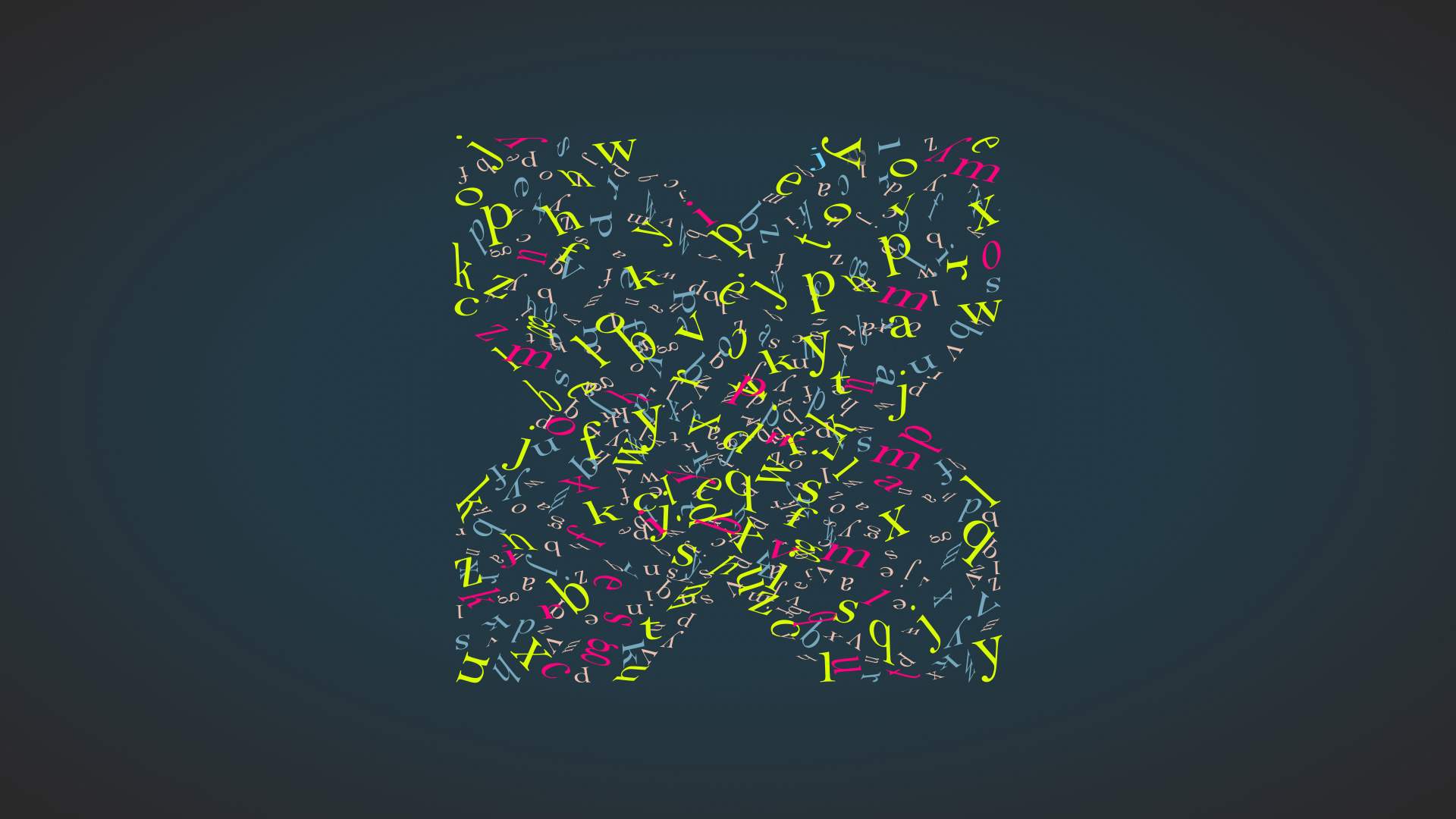More than words – unexpected lessons from my ‘soft’ English Literature degree
27 June, 2024 Reading: 4:15 mins
Some days all you read online is headlines declaring the end of ‘soft’ degrees and how AI is stealing all our jobs. So, you can imagine, as an English literature graduate who works as a ‘Content Creative’ – it can hit a nerve from time to time! I have found the best way to cool the flames of doom-scrolling is to focus on the here and now, and what exactly brought me here.

Here are five things my so-called ‘soft’, ‘worthless’, degree taught me – beyond just ‘reading and writing well’ – and spoiler alert, I would do my exact degree all over again, even in the face of tuition fee rises and the proliferation of ChatGPT!
1. Building empathy
Apart from just being really bloomin’ good for the literature section of a pub quiz, reading hundreds of books and countless pages over my degree, ranging from Old English texts all the way through the most cutting-edge modern literature, was incredible for enriching my world view. At the risk of sounding cliched, reading allows you to inhabit the thoughts, feelings, narratives and world of other people – deepening your empathy and literally rewiring your brain. There’s no doubt in my mind that soaking up and continuing to fuel the fire of reading in my life makes me a better writer, reader and most importantly, person.
2. Understanding and creating at pace
Synthesising and understanding vast amounts of information at speed is a skill, and when there are deadlines looming, there’s no room for writer’s block! Having to process information at a hugely rapid pace and churn out two to three essays a week, and then discuss them with my peers, meant there was no room for fear of the blank page. Although it was an exhausting and challenging time, it taught me the skills needed to get from zero to words on a page as quickly as possible, then to trim, edit and proof until it’s just right. And crucially, stopping when it’s ‘good enough’ too – there is nothing more humbling than trying to marry your perfectionist tendencies with a fast-paced schedule of assignments!
3. The power of constructive criticism
Being able to not take feedback personally is a challenge for most new students, especially if they’ve been used to encouraging and gentle teachers. To put it bluntly, supervisors and professors are busy, busy people with hundreds of essays to sift through. Receiving my fair share of essays returned with entire pages crossed out and just a simple ‘no’ comment is a blow to a young person’s confidence. However, for as many brutal comments as there were – there were also tremendously supportive tutors who would give expert, measured and constructive feedback and ultimately shaped how I approach a first, second or third draft today. It also taught me the importance of getting a fresh pair of eyes to look at your writing!
4. Navigating the fake-news era
Analysing bias, perspectives and identifying emotive topics or unreliable narrators is just as important outside of the world of fiction. In a world where fake news seems to multiply by the day, being able to consume media and not get swept away in a raft of explosive emotion and feeling is something I give thanks to my degree for. Words are incredibly powerful, they can persuade, start wars and sway elections and public feeling. We lose our ability to seek out the truth and form our own opinions when we lose sight of the power of words, even in the noisy audio-visual multimedia world.
5. Shaping my adult self
Finally, a slightly more sentimental point. Wherever you take your first steps from school – whether it’s a job, apprenticeship or degree (and I firmly, wholeheartedly believe in the value of each of these routes!) – it can be totally formational. I ended up staying in the city I was a student in and setting down roots, including finding KISS and a role I love doing every day in the world of B2B marketing. My degree wasn’t just a piece of paper from a faceless institution, it was a chapter and a city that taught me just as much about being an adult in the world as it did about metaphor, poetry and persuasion.
I’d like to end my reflections by talking about higher education and choices – I believe whichever path people choose should be full of potential and support for them as individuals. Whether that’s a degree, apprenticeship or straight into work – the onus is on institutions and companies to help these young people. Right now, our school leavers and university graduates have all faced tremendous educational disruption with the pandemic, alongside everything that can affect students’ ability to be ambitious and supported – whether it’s race, gender, neurodivergence, disability or background. Getting school-leavers onto the path that supports their future is crucial to helping them all become the successful adults they deserve to be, and we all have a part to play in it.
